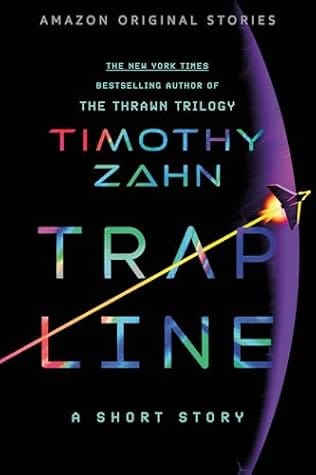The Long View 2002-04-23: The Really Angry People
John suspected that nationalist politics in Europe would grow because the EU has often been so feckless about representing the actual interests of Europeans. This seems to have been largely borne out. Right and center-right nationalist parties all seem to get tarred with the same brush in the press, but the actual amount of racism and anti-semitism varies among them. Le Pen's National Front really does seem to a hotbed of neo-Nazi sentiment, while the United Kingdom Independence Party does not.
American politics have a seemingly indestructible populist bent, that continues to vex our betters to this day. By way of example, Bryan Caplan is a well-known economist, who while less dyspeptic than Paul Krugman, advocates for similarly extreme views. Caplan does at least notice that most people disagree with him, but seems perplexed why.
The Really Angry People
Paul Krugman is the most reliably inane columnist writing for the New York Times. (This is no small distinction at a paper that also employs Maureen Dowd.) His column today, entitled "The Angry People," finishes his analysis of the French presidential election like this:
What got his knickers all in a bundle, of course, was the good showing by Jean-Marie Le Pen of the National Front in the first round of presidential voting on April 21. With all of 17% of the vote, the results mean that Le Pen, rather than the socialist prime minister, Lionel Jospin, gets to be beaten by the conservative president, Jacques Chirac, in the final round of voting on May 5. For the National Front to be a serious contender for power really is not a good sign. The word is that, although they keep blatantly fascist sentiments out of their national propaganda, nonetheless their informal gatherings can be a good market for Nazi memorabilia. It is thus all the more remarkable that Mr. Krugman used his column to compare the Republican Party to the National Front. Both, he says, are parties of "angry people," who win elections only through accident and fraud.
The tragic thing about this is that people like Jean-Marie Le Pen, and David Duke in the United States (who came close to winning the governorship of Louisiana), are in large part the product of just that kind of leftist bigotry. There is a kind of liberalism that, as Stephen Carter points out in The Dissent of the Governed, is genuinely totalitarian. It does not hear and reject arguments against its favored policies. Rather, it brands opposition as irrational and pathological. Where possible, it criminalizes organized protest. Everywhere it seeks to put opposition beyond the pale of decency. The result, however, is not to surpress opposition, but to ensure that the opposition will be indecent.
To some extent, this seems to be what happened in France. There is a great deal to be said on both sides of the immigration question, but the fear that one's country might disappear in a flood of culturally alien foreigners is not irrational. Neither is the fear of rising crime. The French political establishment, however, tried to dismiss such concerns as prejudices. The issues were, predictably, taken up by irresponsible outsiders.
As Robert Eatwell explains in his history of Fascism, the radical right succeeded in Italy and Germany between the world wars because, in those countries, the respectable parties of the right lost influence after 1918. When law and order became the only issues, only demagogues offered to do something about them. As always, the left was flabbergasted to learn that, by discrediting their electoral opponents, they had also discredited democracy.
France is not in such desperate straits today. The establishment seems to have taken these recent election results as a heads-up, and will no doubt start to deal with matters that the French are really worried about. The same is increasingly true all over Europe. This is a good thing, with a single exception. This is very bad news for the European Union, which has become totalitarian liberalism incarnate. It did not have to be this way. The EU might have been the framework for a resurgent Christendom. As it is, the impulse toward self-preservation in Europe is taking a nationalist turn.
Meanwhile, in the United States, the political system continues to express populist sentiment. Sometimes the expression is cynically symbolic, sometimes there are genuine changes in policy, and sometimes the answer to popular enthusiasms is, correctly, "No." The only really angry people are the would-be totalitarians, mostly on the left. They beat their tiny fists against the walls of their editorial terrariums, proclaiming all the while the insignificance of that large swatch of their countrymen who disagree with them. Happily, they can do little harm.

Comments ()